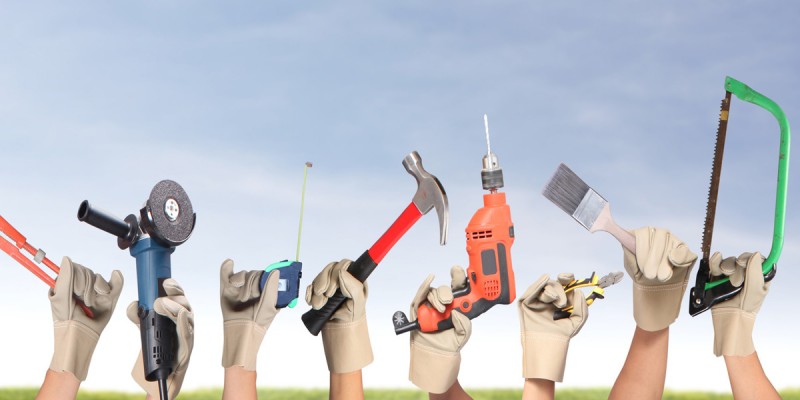The burden of maintaining property arises from the moment of acquiring ownership. The latter is considered primarily as a blessing, forgetting about the consequences of assuming the corresponding rights. Consider how it is implemented in practice.
Normative regulation
The burden of maintaining property is the obligation indicated in only one article of the Civil Code. Its essence is that it is tied to the owner and the exception is provided only by law or contract.
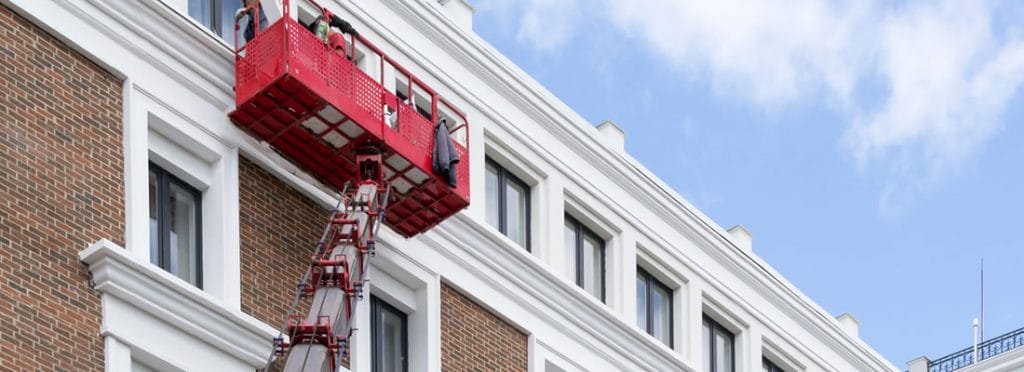
But this is not all. For example, the content of the common property of the owners of an apartment building is regulated in detail. Owners of transport did not escape their share in the regulation.
Based on the regulatory framework regarding the maintenance of property, each owner has a considerable list of responsibilities.
The essence of the concept
The burden of property maintenance includes a lot:
- Carrying out repair work.
- Use of real estate and other property as intended.
- Payment of taxes and other payments related to the maintenance of property.
- Prohibition of animal cruelty and concern for their well-being.
A number of duties are imposed on the acquirer of the land.
Ground issues
The burden of maintaining property affects everyone who owns it, but property owners are the most visible category of citizens. Here are some examples.
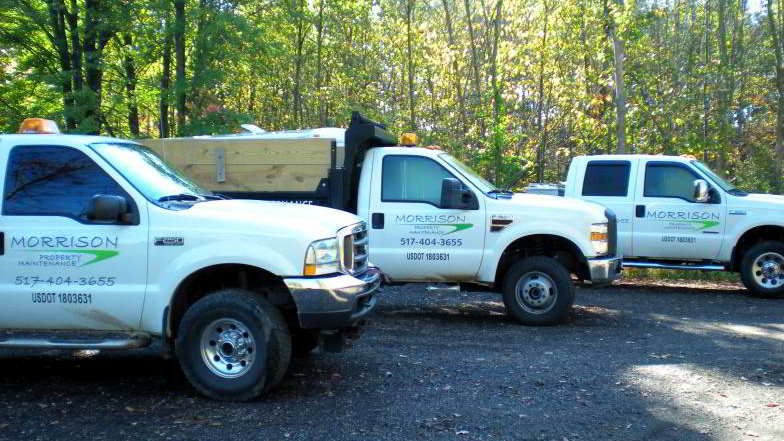
The owner has the right to use land in accordance with the purpose. If under construction, it means only this way and not otherwise. Land for farming requires not only compliance with the intended purpose. This includes the preservation of soil properties. If the owner abandoned the plot, they can take it away from him, deprive him of the property right for mismanagement.
Questions with other real estate
We are talking about the burden of maintaining the common property of the owners of an apartment building. The performance of this obligation is regulated in detail. For example, there are a number of events that are held to preserve the facility.
All measures must be taken by the managing organization. Management can be organized by the council of the house, on behalf of which the authorized person concludes contracts with companies for carrying out certain works.
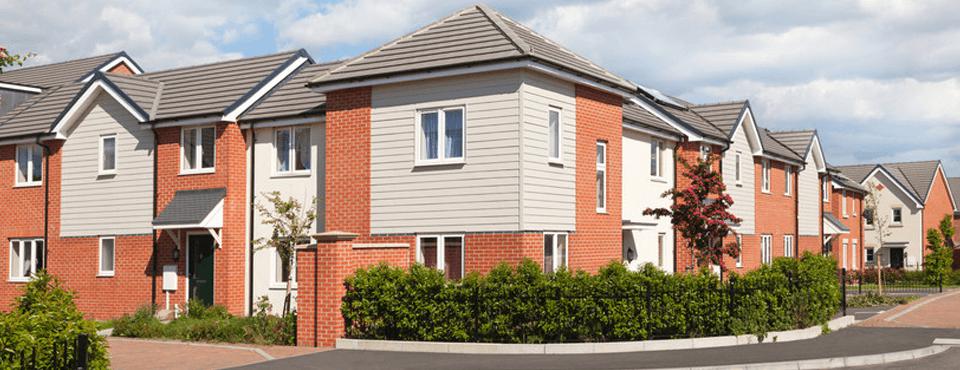
If the managing organization has taken responsibility for the house, it is responsible for what is happening with the common property. Legislation identifies points that share common or personal property. In accordance with this, responsibility is distributed. For example, the electricity network in an apartment, starting from the meter, is the responsibility of the owner of the apartment.
In the event of flooding of a dwelling, regardless of who lives there, the owner is liable for damage. If the apartment is rented, the owner, having a judicial act on the recovery of money from him as compensation, has the right to appeal to the tenant with a recourse action.
Automobile transport
Its acquisition has gradually become a necessity for citizens. The cost of public transport is quite equivalent to the cost of maintaining your own car, we add here more comfort.
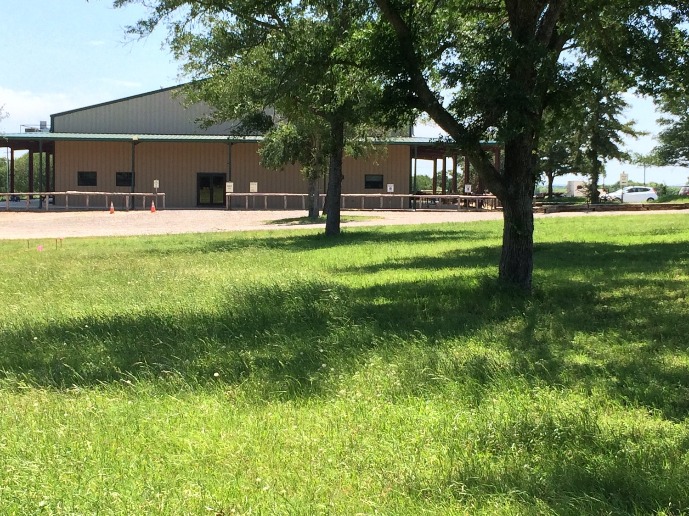
The burden of maintaining the property is borne by the car owner. In particular, this is expressed in the passage of a regular technical inspection. The absence of a technical inspection ticket confirming its timely passage will result in administrative liability.
Serviceability of vehicles is one of the requirements for owners.Failure to do so will lead not to a fine, but to criminal liability if people suffer as a result of violations of the rules.
Animal handling
The law classifies them as property, but restricts the owner. Cruelty and other actions that harm them are prohibited. Such actions are grounds for criminal liability.
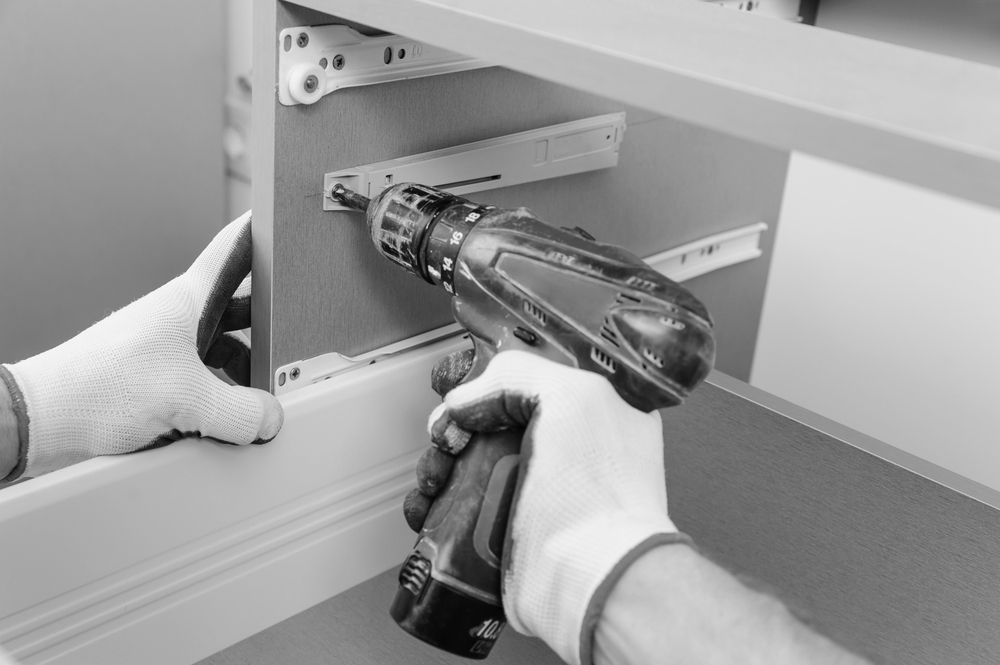
Also, the presence of an animal requires you to take protective measures so that none of those around you are injured. For example, a dog that is recommended to be taken outside in a muzzle and kept on a leash.
Animals can serve as a source of infections, which is why they need preventive measures (vaccinations, periodic examination by a veterinarian, etc.).
Mandatory Payments
The owner bears the burden of maintaining the property in the form of payment of taxes and other obligatory payments. Owners of land and apartments are required to pay property tax. Amounts are calculated based on the cadastral value of objects.
There are no tax payments, in particular, for the maintenance of an apartment building. This also includes the payment of contributions to the capital repair fund of housing. In fact, they carry a form of duty equivalent to a tax. It is impossible to refuse them.
Owners of individual houses are required to pay property tax and pay utilities (water, electricity, garbage collection). Their load is slightly less.
Who is responsible
Possession of a property right implies a series of obligations. The burden of maintaining property is borne primarily by the owner. It can not be transferred to someone only at their own discretion. Firstly, we need a mutual agreement with someone else, and secondly, an indication should be contained directly in the law. Other normative acts are liable subject to reference to them in the law.
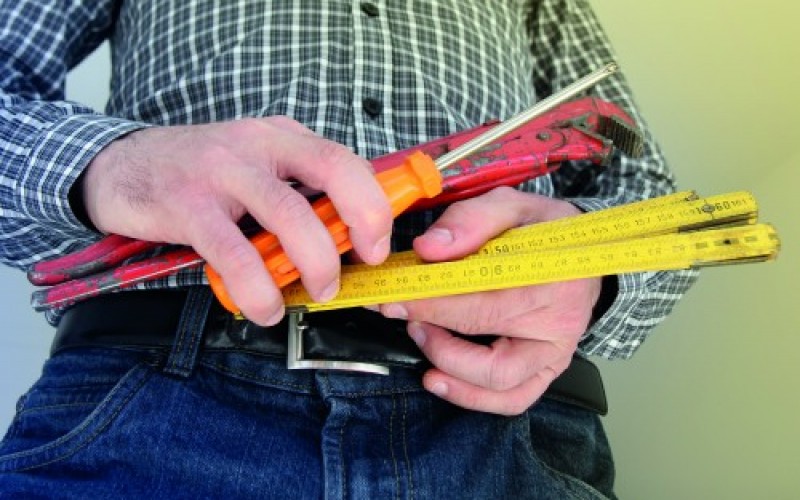
So, for example, the management contract transfers to the manager responsibilities for the maintenance and preservation of the object. By law, they are transferred to the parents responsible for the property of their children. If a child is assigned a guardian or trustee, responsibilities are transferred to him. In such cases, liability from the title owner is removed.
In the case of contracts, the limitation of liability is removed if the cause of the damage was the owner’s inaction or, conversely, his actions or evasion of the necessary information.
Risk of damage or death
How are the risks of accidental loss of property and the burden of maintenance combined? Property, or rather possession of it, is really associated with the presence of risks. The law contains several provisions:
- all risks are assigned to the owner;
- otherwise provided by law or contract.
As an example, you can specify a car damage in an accident. Here the consequences relate primarily to the culprit of the accident.
If the object is leased, then the risks most often under the contract pass to the actual owner. The contract agreement transfers the risks to the owner after the transfer of the facility to him.
Finally
According to the Civil Code of the Russian Federation, the property owner bears the burden of maintaining property. Other persons are responsible for it if there is an agreement or an indication of the law. However, even by transferring responsibility under a contract or by law, the owner may be brought to it because of his actions or, conversely, inaction.
